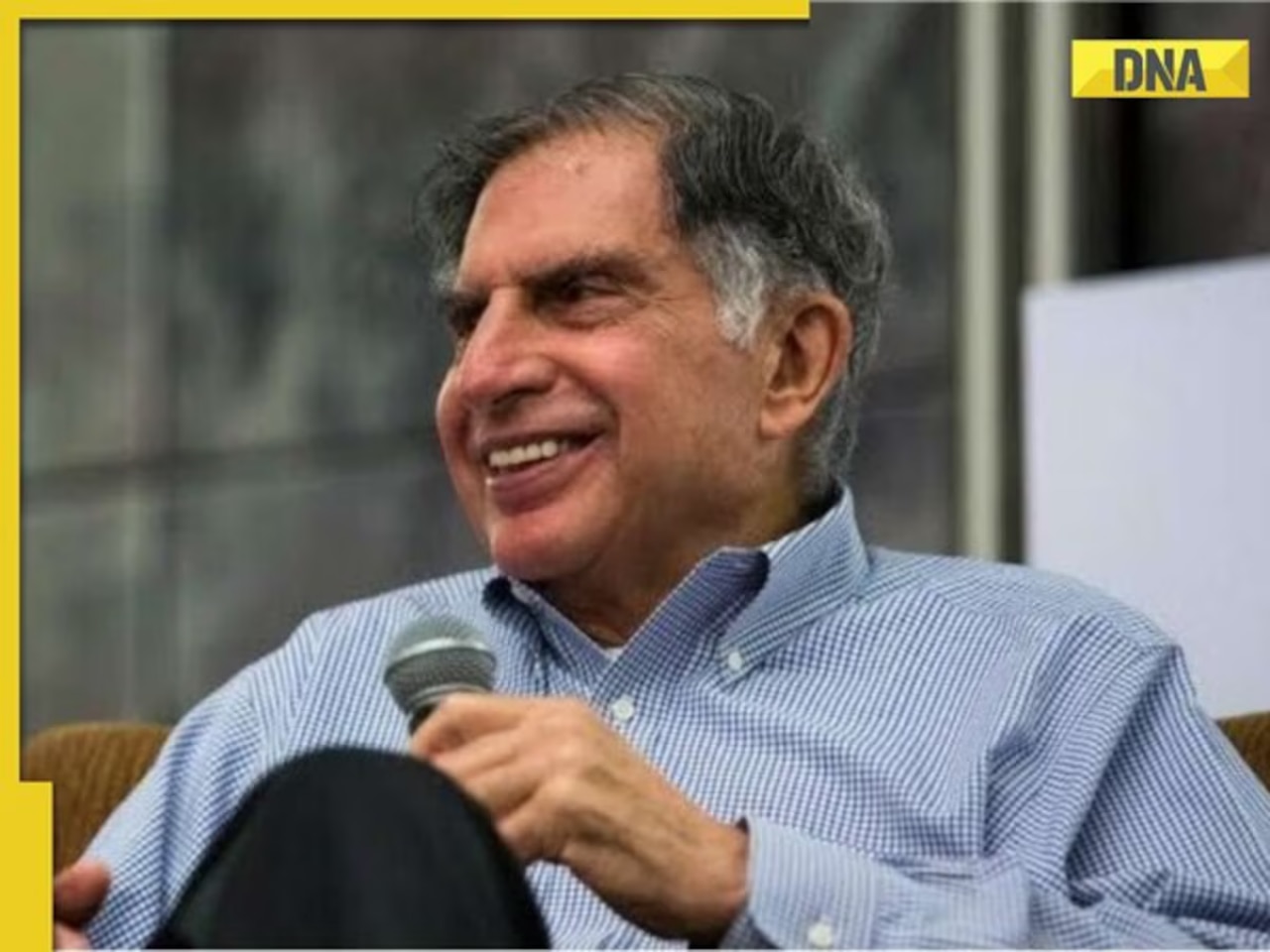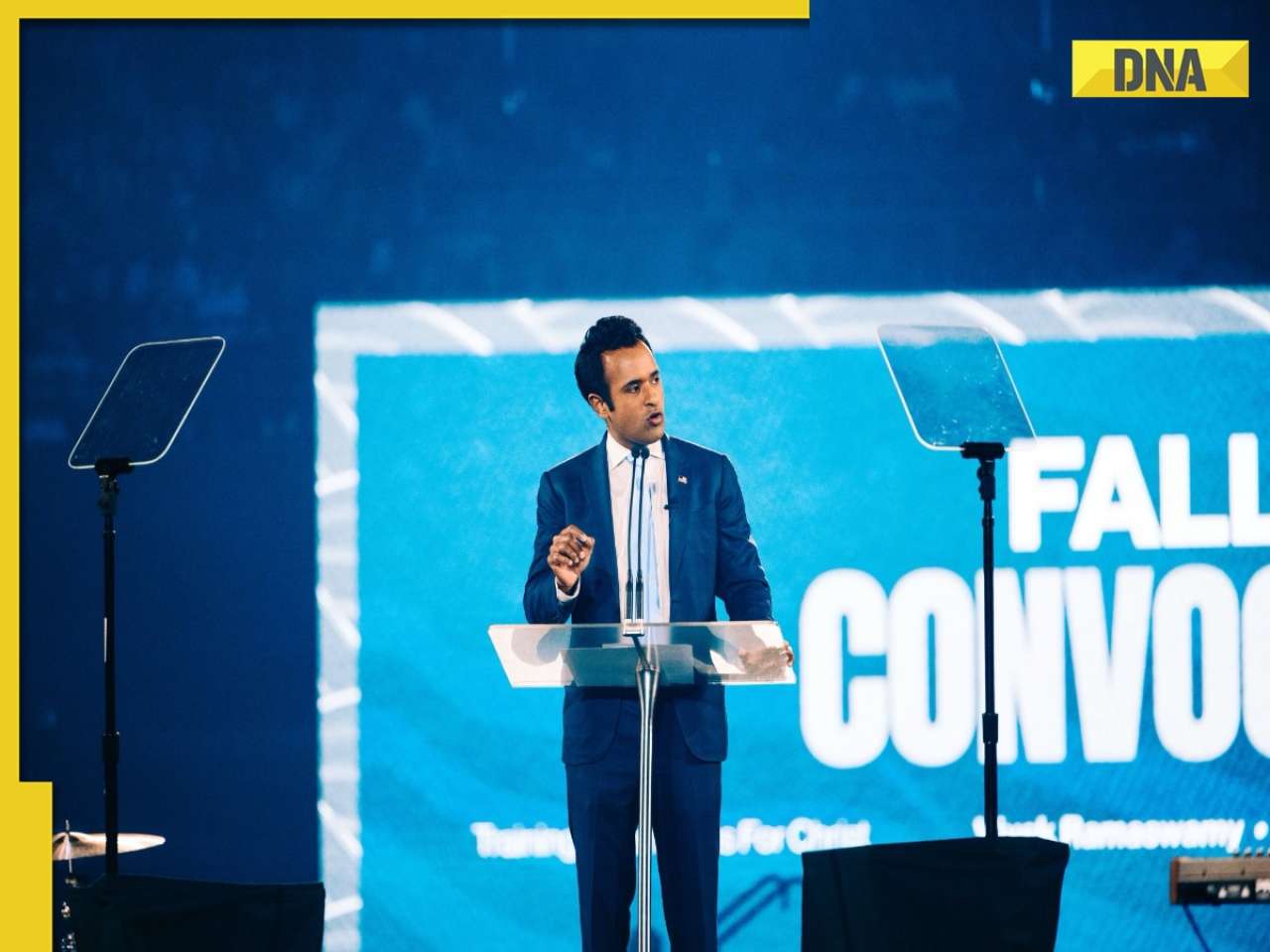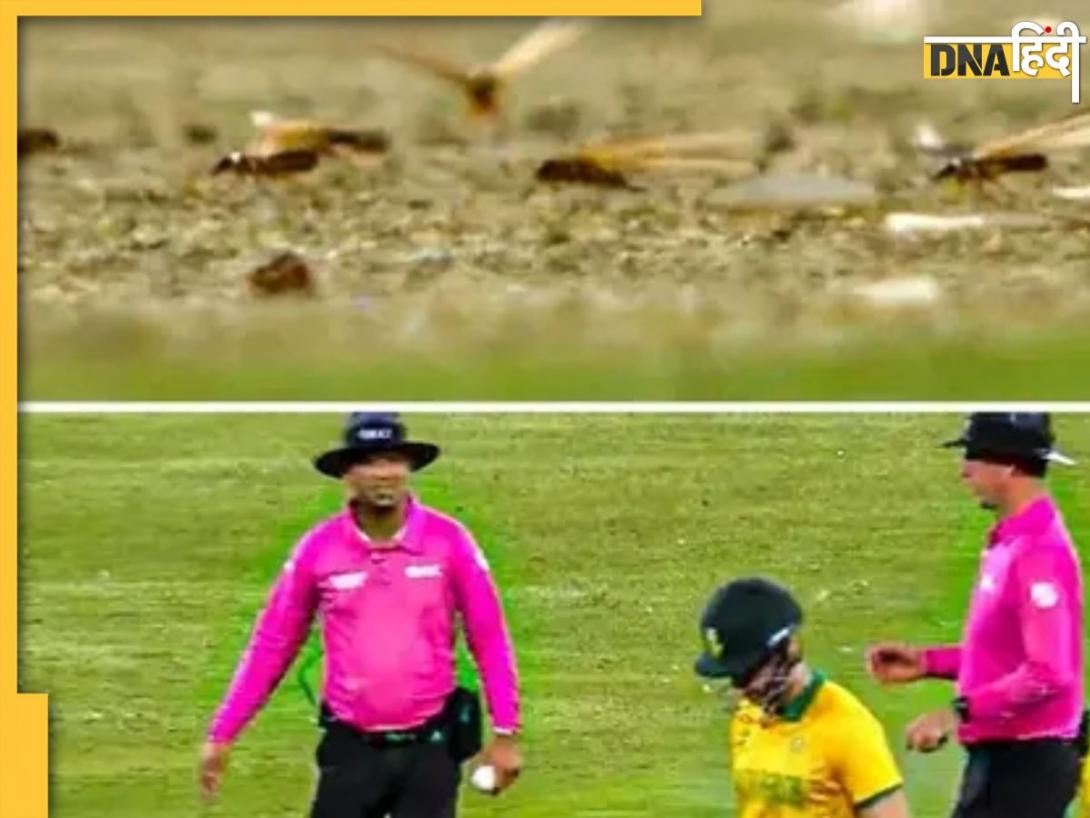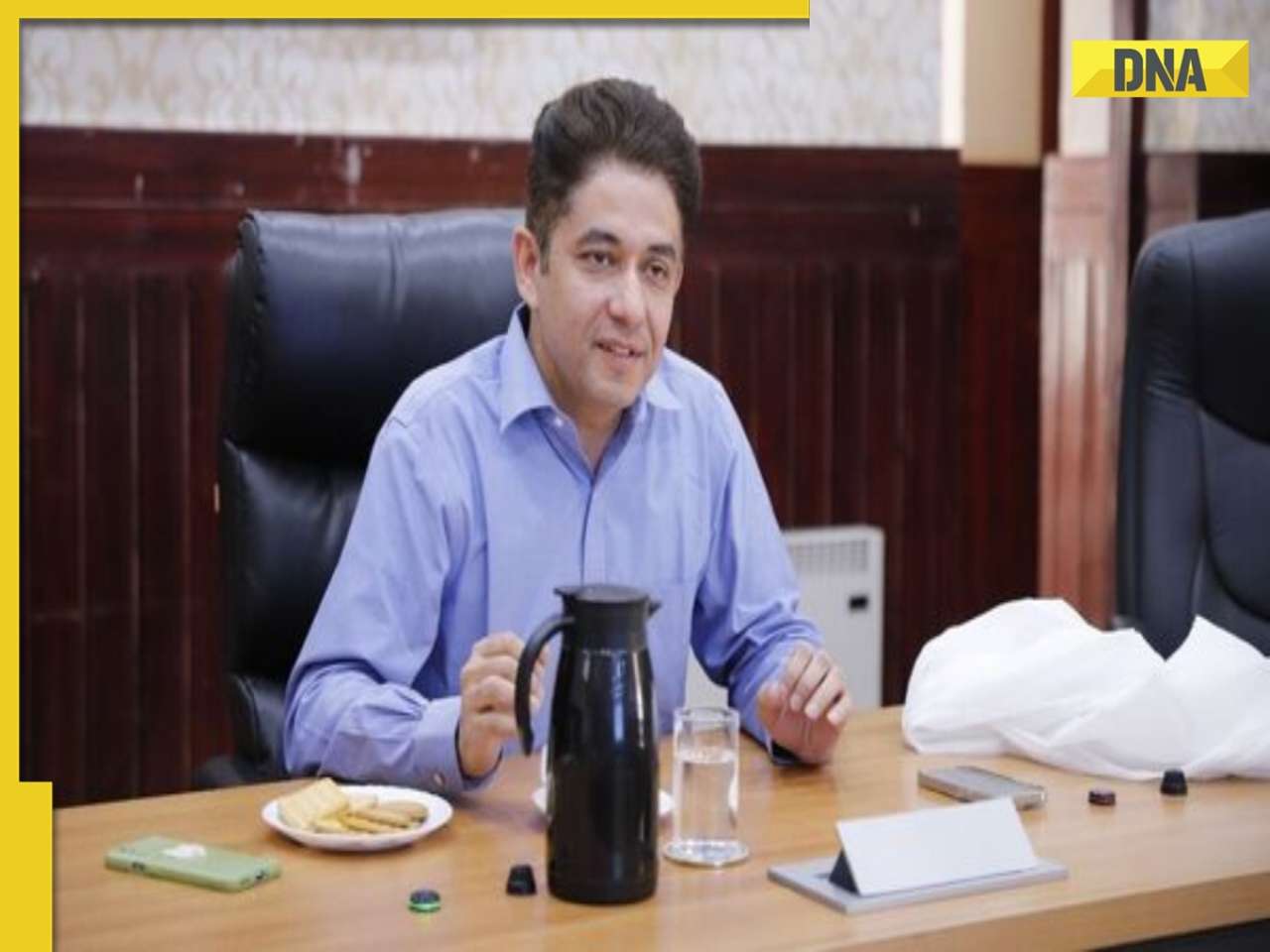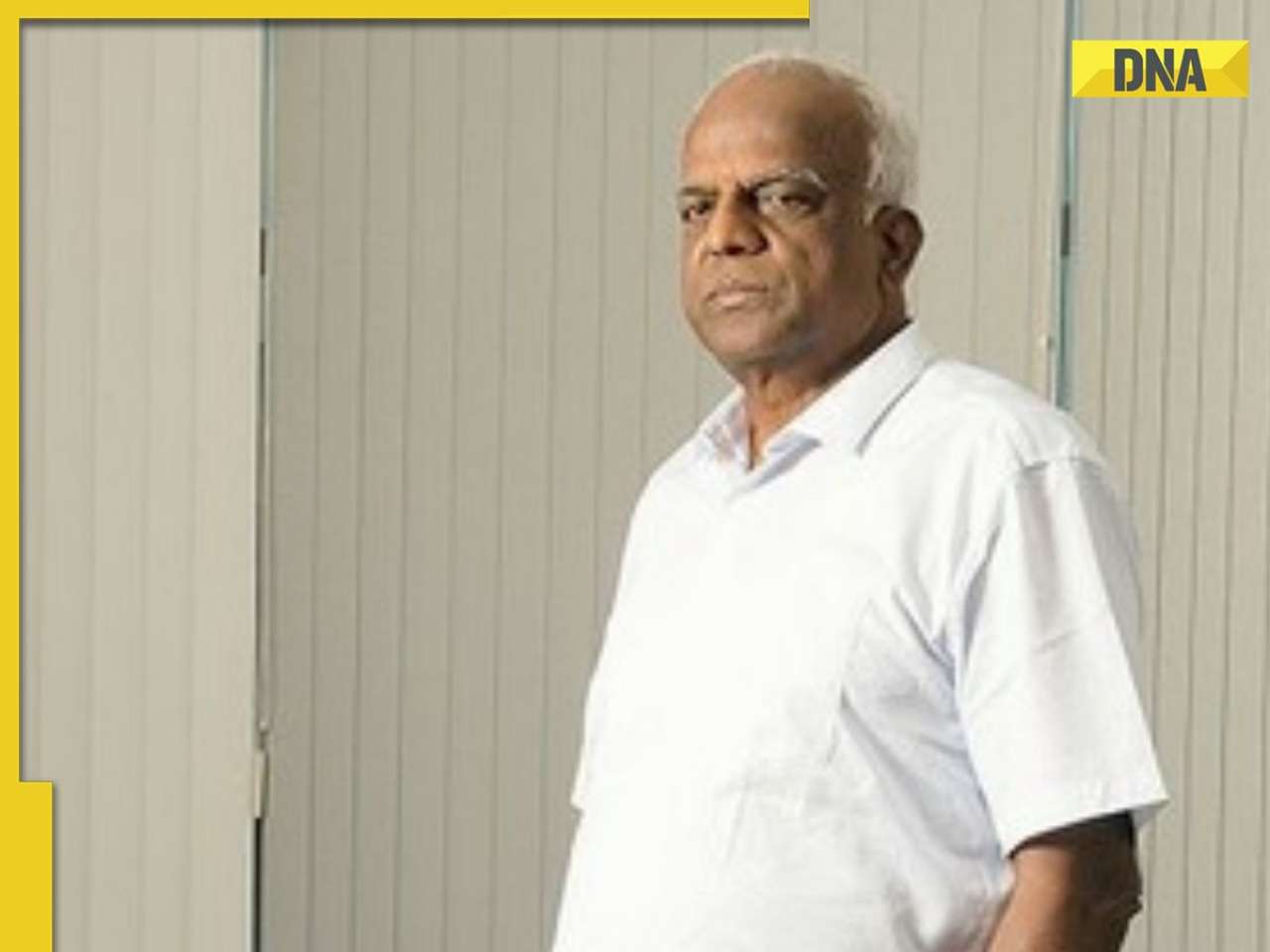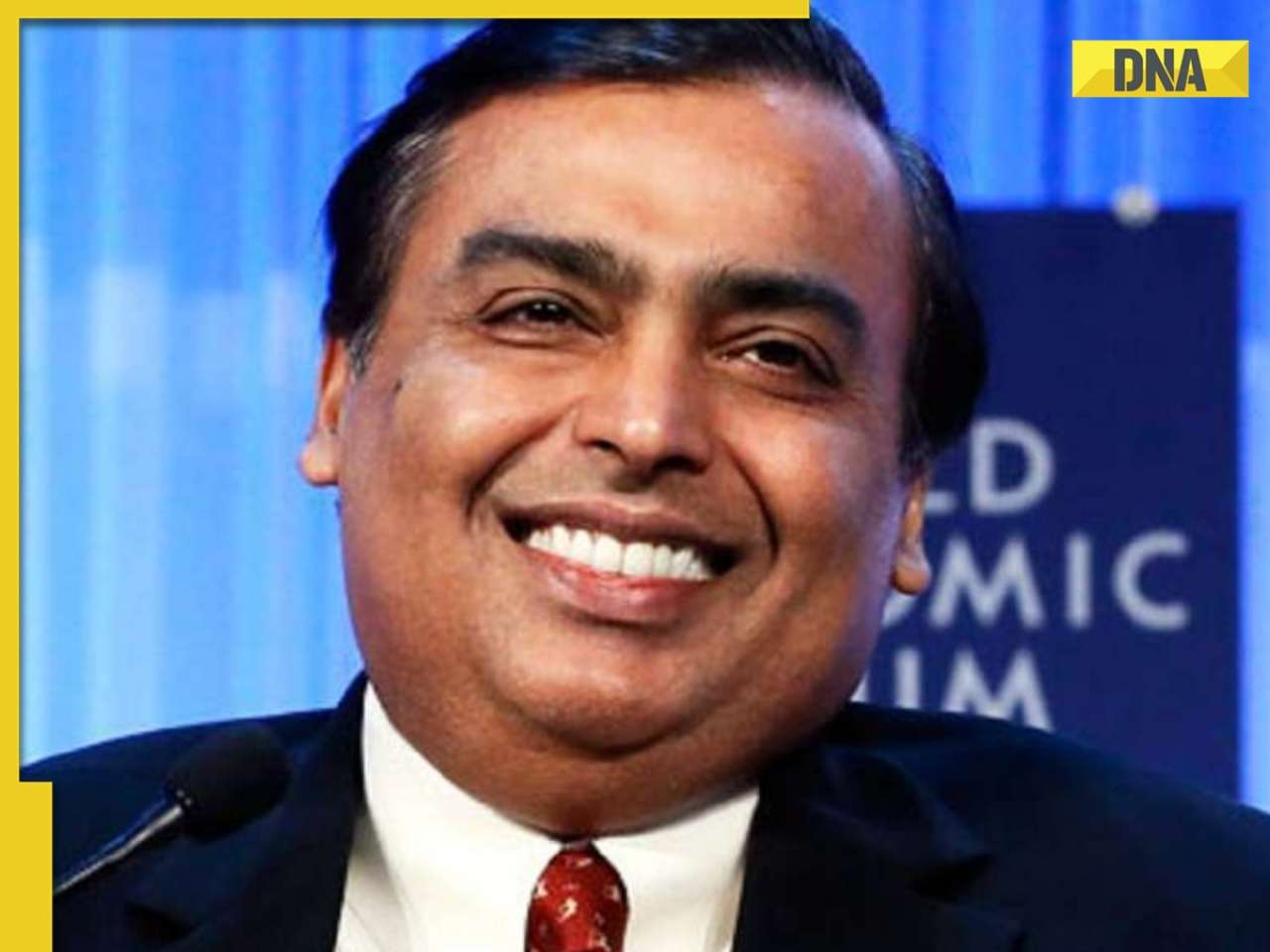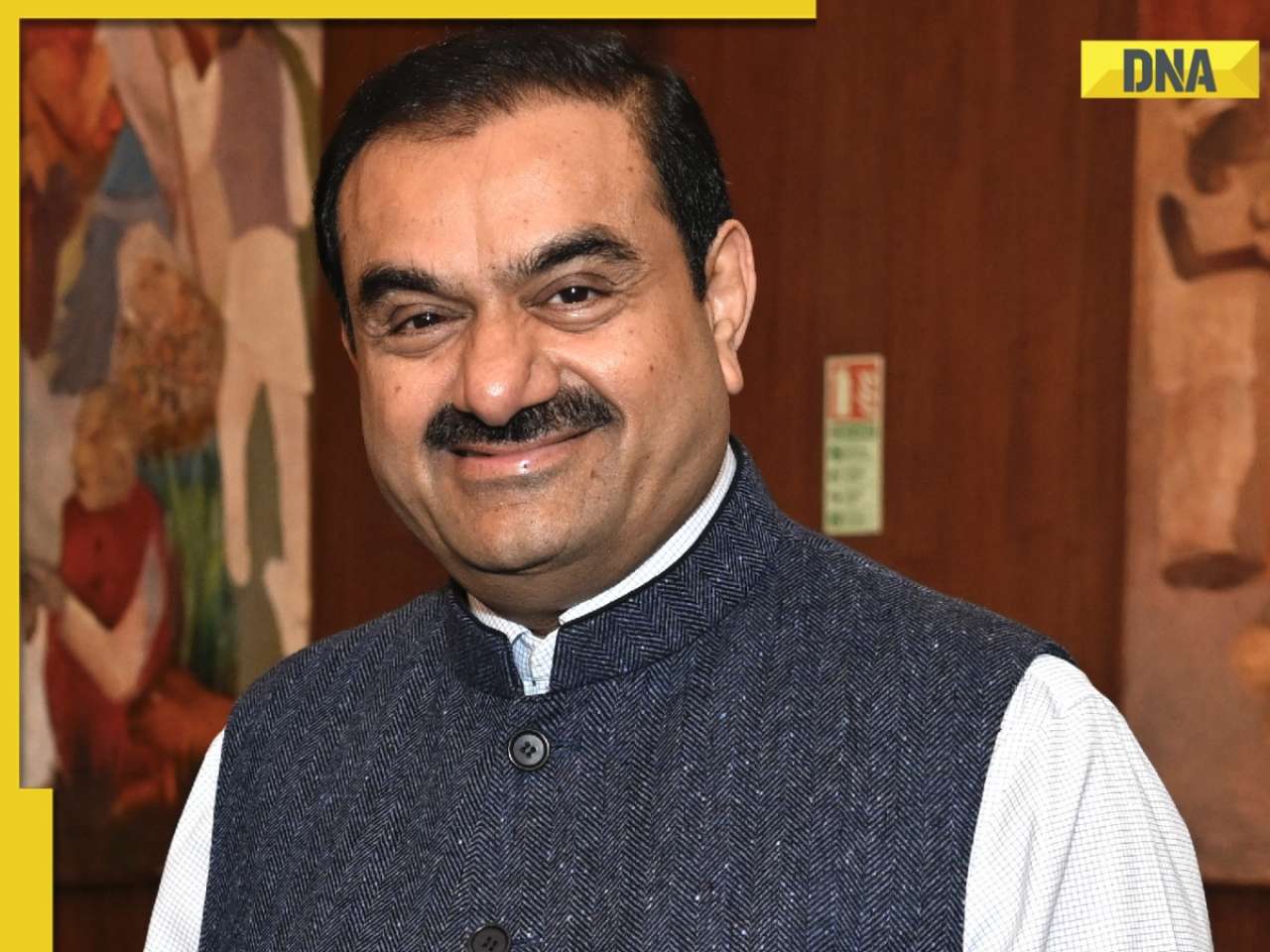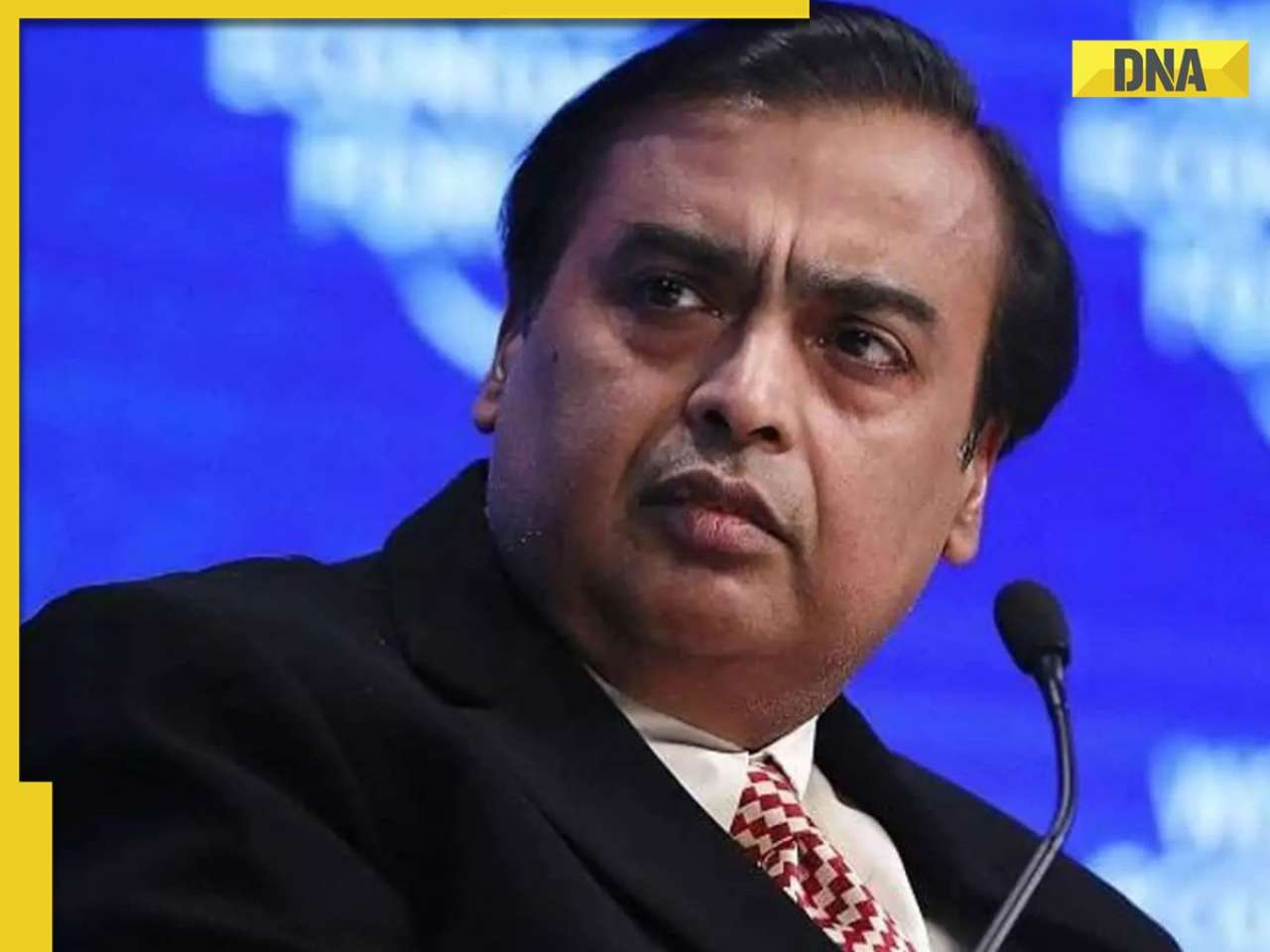- LATEST
- WEBSTORY
- TRENDING
WORLD
Where scandal abounds, crime can be hard to define
The high court said prosecutors had gone too far in using an 'honest services' law against former Enron Corp CEO and ex-media mogul, who are in jail for corporate fraud.
TRENDING NOW
Federal prosecutors, who have suffered setbacks in the past year in probes stemming from the financial crisis, were dealt a blow on Thursday in two cases that many people thought were long over.
The high court said prosecutors had gone too far in using an "honest services" law against convicted former Enron Corp CEO Jeffrey Skilling and ex-media mogul Conrad Black, who both are behind bars for corporate fraud. The law is a favourite tool in public corruption and corporate cases where there are allegations of bribery and kickbacks.
"It's going to have an impact on essentially all phases of commercial and public life because it affects public officials and it impacts executives," said Kelly Kramer, a partner at the law firm Nixon Peabody who focuses on government investigations and white-collar defence.
"It impacts anybody who has any fiduciary responsibilities," Kramer said. "It's a significant limitation on the government's ability to prosecute such cases."
Thursday's ruling came as president Barack Obama's administration has boosted the prosecutorial ranks, partly because of public pressure and expectations that some individuals or corporations should be held accountable for the financial meltdown in which middle-class citizens lost their homes and savings.
During the past two years, the government has prosecuted a host of executives from Wall Street financial advisory firms to small city mortgage lenders and brokers to millionaires charged with avoiding taxes.
Thursday's unanimous opinion of the nine high court justices does not mean Skilling or Black will be released from prison.
However, it does give them leverage in trying to shorten their sentences in return for not pressing for what would be a costly and time-consuming rehearing of their cases at the trial court level, according to criminal law experts.
Skilling's appeal was the third Enron case to reach the high court. In 2005, it unanimously overturned former Enron auditor Arthur Anderson LLP's obstruction of justice conviction, saying vague jury instructions allowed jurors to convict without finding criminal intent.
Experts said that the court's ruling on Thursday had left the heart of the honest services statute intact.
"This is certainly not a huge surprise," said Andrew Liepold, a law professor at the
Academics and other lawyers said prosecutors still had other powerful tools in the securities laws that are traditionally available for white-collar cases.
"The implication is it will be a fairly narrow ruling for Skilling and Black and for future prosecution," said Eric Sussman, the
Sussman said that the Obama administration had to grapple with determining whether there were any crimes committed during the financial meltdown or just mistakes, not how to prosecute those cases.
"They still are not out of the starting blocks," he said.
In the last five weeks, federal prosecutors and the US Securities and Exchange Commission dropped criminal and civil probes of AIG's Financial Products unit and some of its executives over the giant insurer's near collapse in 2008. The AIG meltdown led to a $182 billion government bailout.
Last November, a
One
"There is always a re-evaluation and prosecutors are always weighing how to most aggressively do what they think is right in prosecuting and investigating activity versus doing something so aggressive that it risks being deemed illegal or unconstitutional,"
"Reasonable minds can differ, and sometimes the judge sides with the defence saying they pushed the envelope too far.”








)
)
)
)
)
)
)
)
)
)
)
)
)
)
)
























